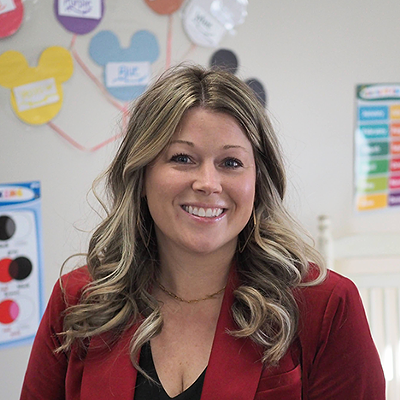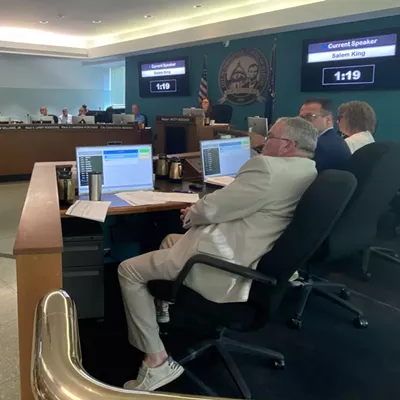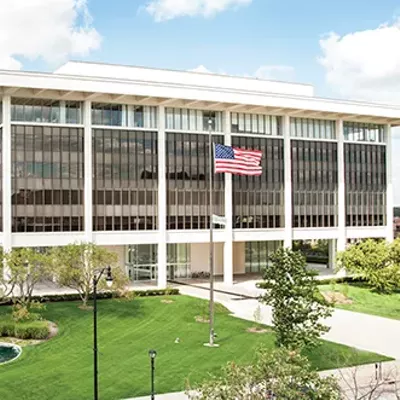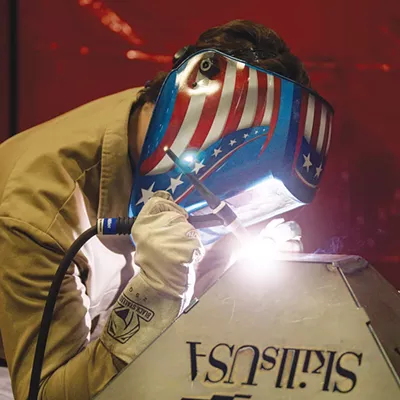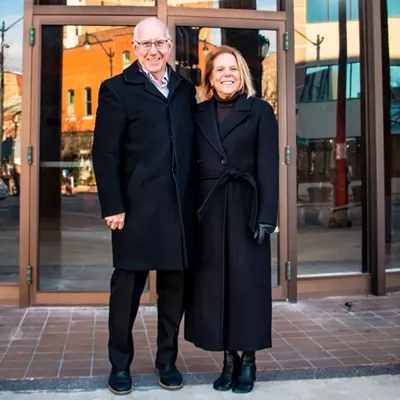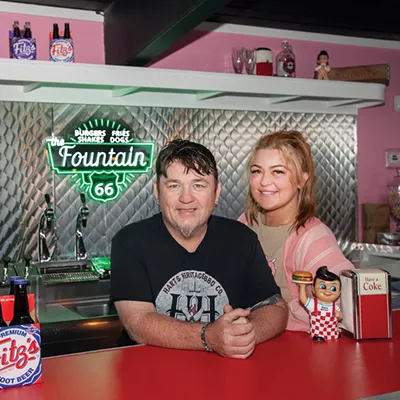By Carey Smith
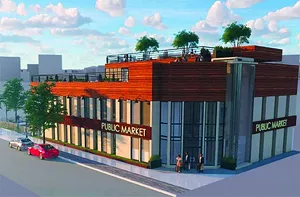
Have a great idea for a startup company, but no capital? Looking to expand your product line, remodel your facility or hire additional employees but lack the revenue stream to qualify for a bank loan? Looking to invest in exciting local projects on a limited budget? Crowdfunding may be the answer for you.
The loosening of federal regulations in the last decade has created opportunities for crowdfunding commercial projects. As Ryan McCrady, president and CEO of the Springfield Sangamon Growth Alliance states, “People can get involved in being an investor of a business at a level they are able to do.”
While GoFundMe typically raises money for charitable causes, platforms like Kickstarter and Indiegogo are a means of rewards-based funding, typically providing the first round of a product in exchange for a monetary donation. A step further is securities-based crowdfunding, also known as regulation crowdfunding, which is where companies like Nvsted, Wefunder or StartEngine come in.
Jeff Frankel, chief compliance officer of St. Louis-based Nvsted and an assistant vice president of the St. Louis Economic Development Partnership, explains, “The fundamentals are the same: raising money from everyday people, for a startup or small business. It provides an actual opportunity to invest in the business or that person or the community, hoping for its success.”
Springfield now has its first securities-based crowdfunding effort: Public Market, which is slated to open next year at 322 E. Adams in a redesigned, long-vacant former bank building in the heart of downtown at Fourth and Adams, joining the vibrant Adams Family community of businesses.
Springfield native and co-managing partner David Lee says that he first heard about crowdfunding while volunteering with Downtown Springfield, Inc. as chair of its Momentum on Main Street initiative. After hearing real estate developer Tony Caccomo speak on crowdfunding at a DSI panel discussion, Lee approached him about his business idea and showed him the property they eventually purchased. Now they are co-managing partners of Public Market, along with a development team with diverse expertise. Lee states, “What crowdfunding does is it makes being a part of these projects, both from a financial and a community support standpoint, accessible to anyone.”
Public Market is a unique concept for Springfield, intended to provide a mix of area retail and food vendors in one site. The concept also calls for event space and bars on every level, including Springfield’s only rooftop bar with panoramic views, and a ground floor beer garden in its renovated parking lot.
“There’s a lot of intention and heart for it, and passion for downtown and for Springfield overall,” Lee said. “Part of our mission is realizing that Springfield and Sangamon County can’t be successful and grow without a vibrant downtown, the heart of the city. Any business that wants to attract and retain talent, there’s a quality-of-life aspect, and we’re adding to it.”
COVID has interrupted funding efforts for Public Market, and as such, the anticipated opening has been delayed. There will be a six-month construction period once crowdfunding goals are completed, which Lee expects to be in late 2021 or early 2022.
In addition to investing in local businesses, one of the advantages for crowdfunding investors is the potential for return. While not guaranteed, Tom Loutrel, senior vice president of business development for LawCloud.co in New York City states that investors can “get in at the earliest stage where there may be a tremendous amount of growth.” On the flip side of this is the notion that with crowdfunding, “You can spread that risk of loss of investment over many people,” according to McCrady.
A benefit for business owners using the crowdfunding platform is the ability to market the business while raising funds. Frankel notes that it can help get the word out “about your product, service, goals and how you’re serving your community.”
Investors in local community projects are often inspired to become loyal patrons of the business. Loutrel remarks, “When people are investors in a business, no matter on how small a level, they are more likely to frequent that business and promote that business. It’s really about raising money locally and supporting businesses locally.” Whether crowdfunding catches on in Springfield remains to be seen. But with the promise of invigorating and expanding local businesses, crowdfunding may provide a pathway to success for small business owners, investors and our community.


